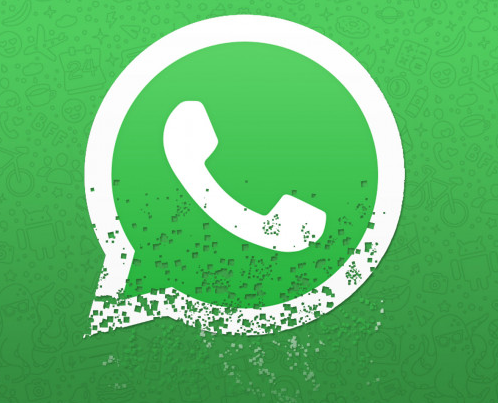It’s the beginning of the year and WhatsApp messenger has rolled out a proxy support updates to keep users connected in an incident when their connection is interrupted or blocked.
According to WhatsApp, when connecting to WhatsApp directly isn’t possible or the chat app is blocked in your country, you have the option via the app to connect through a proxy server set up by volunteers and organizations dedicated to helping people communicate securely and freely.

Using a proxy doesn’t change the high level of privacy and security that WhatsApp provides to all users. Your personal messages and calls will still be protected by end-to-end encryption. This means they stay between you and the person you’re communicating with, and won’t be visible to anyone in between, not even the proxy servers, WhatsApp, or Meta.
How to Find a Proxy to Use
You can set up a proxy using a server with open ports 80, 443 or 5222 and a domain name (or subdomain) pointing to the server’s IP address to assist users in connecting to WhatsApp.
Connect to a proxy on Android
- Make sure you are using the most current version of WhatsApp.
- In the Chats tab, tap More options:> Settings.
- Tap Storage and Data > Proxy.
- Tap Use Proxy.
- Tap Set Proxy and enter the proxy address.
- Tap Save.
- A check mark will show if the connection is successful.
- If you are still unable to send or receive WhatsApp messages using a proxy, that proxy may have been blocked. You can long press the blocked proxy address to delete it, then enter a new proxy address to try again.
Connect to a proxy on iPhone
- Make sure you are using the most current version of WhatsApp.
- Go to WhatsApp Settings.
- Tap Storage and Data > Proxy.
- Tap Use Proxy.
- Enter the proxy address and tap Save to connect.
- A check mark will show if the connection is successful.
- If you are still unable to send or receive WhatsApp messages using a proxy, that proxy may have been blocked. Try again using a different proxy address.
